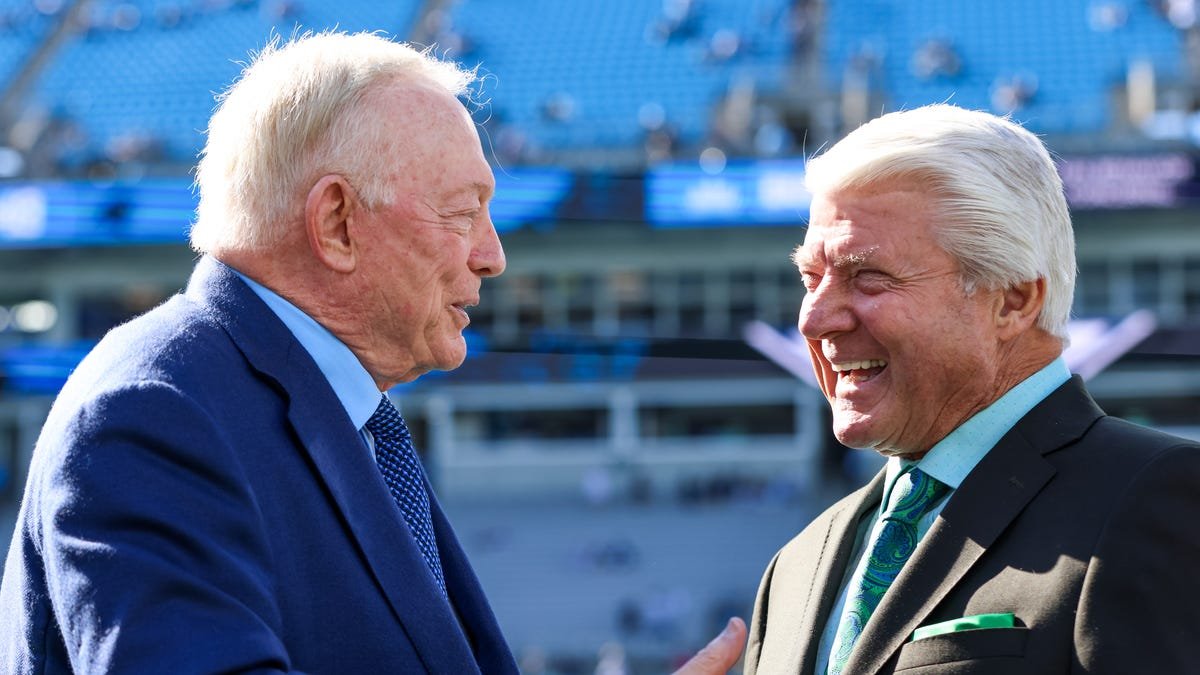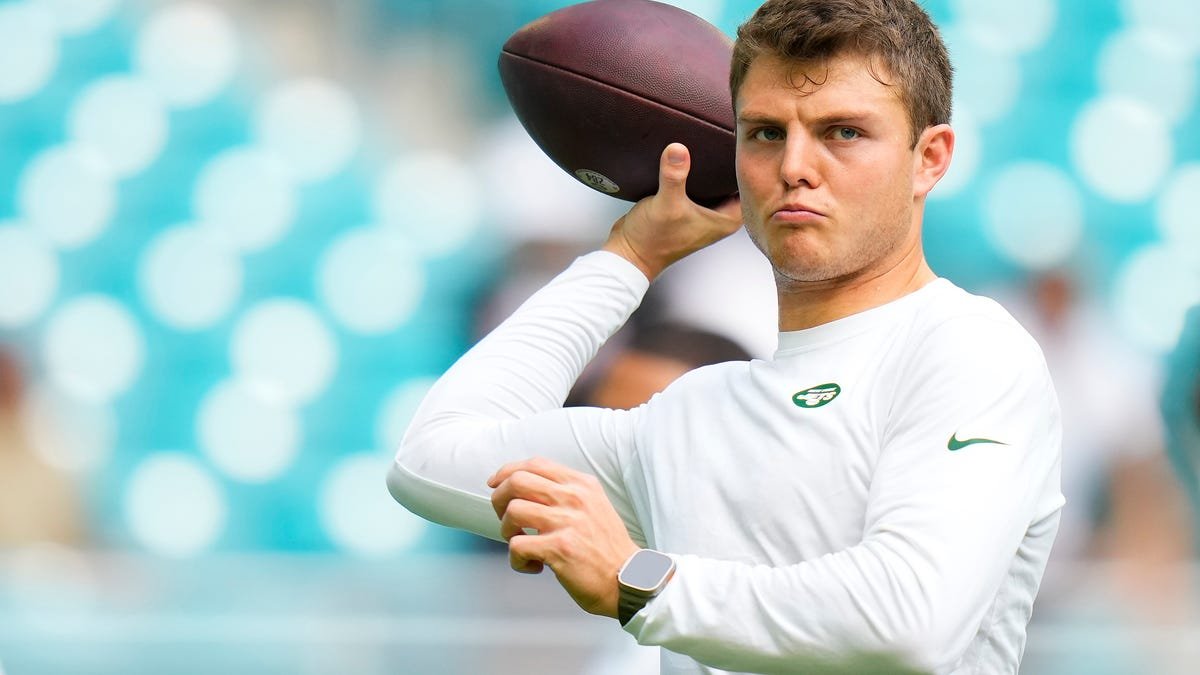The NBA’s relations with China have come under scrutiny in recent years, and it is speculated that these tensions could play a role in a potential future conflict between the United States and China. The NBA’s lucrative dealings in China have created opportunities for its players, but many may not realize the complexity that comes with doing business with companies overseen or run by the Chinese government.
Congress has been particularly vocal about these concerns and recently sent a letter to NBA Commissioner Adam Silver addressing problematic apparel companies and athletes endorsed by them. The letter raises important questions about the ethical implications of doing business with China, particularly in light of their treatment of Uyghur Muslims, which has been labeled as potential crimes against humanity by the United Nations.
While some may view this letter as political grandstanding, it does shed light on the difficult position the NBA finds itself in. If every individual or organization that earns a dime in China had to be as diligent as Congress expects them to be, there would likely be no business with China at all. The NBA, with its deep-rooted ties to China and its multi-billion dollar partnership, is no exception.
The letter specifically mentions ANTA, a Chinese shoe company that has endorsement deals with NBA players such as Kyrie Irving, Klay Thompson, and Gordon Hayward. ANTA is valued at $30 billion, and it is questionable whether any company of that size operating in China could have completely clean hands. Given the NBA’s significant financial interests in China, it is likely that the league is aware of the complexities and potential ethical concerns associated with its partnerships.
It is important to remember that the NBA, like any other professional sports league, is a business. While Commissioner Silver may publicly condemn human rights violations, the reality is that almost every industry, to some extent, violates human rights. The collective approach to capitalism is that if we refuse to do business with villains, we would have almost no one to trade with. As long as the NBA’s players and teams continue to benefit financially from their partnerships in China, it is unlikely that the league will take drastic actions that could jeopardize this revenue stream.
However, what the NBA should do is provide its players with a clear understanding of the complexities and potential ethical dilemmas associated with doing business in China. The league has successfully navigated international growth and expansion while managing to keep its associations with unsavory entities relatively low-key. By providing players with a blueprint for ethical business practices, the NBA can ensure that its players are informed and make responsible decisions when engaging in business ventures overseas.
In conclusion, the NBA’s relations with China have raised important questions about the ethical implications of doing business in a country with a questionable human rights record. While it is unlikely that the NBA will sever ties with its Chinese sponsors, the league should take steps to educate its players about the complexities of doing business in China and provide them with a framework for ethical decision-making. By doing so, the NBA can navigate these challenges while minimizing potential conflicts and ensuring that its players are informed and responsible global citizens.





